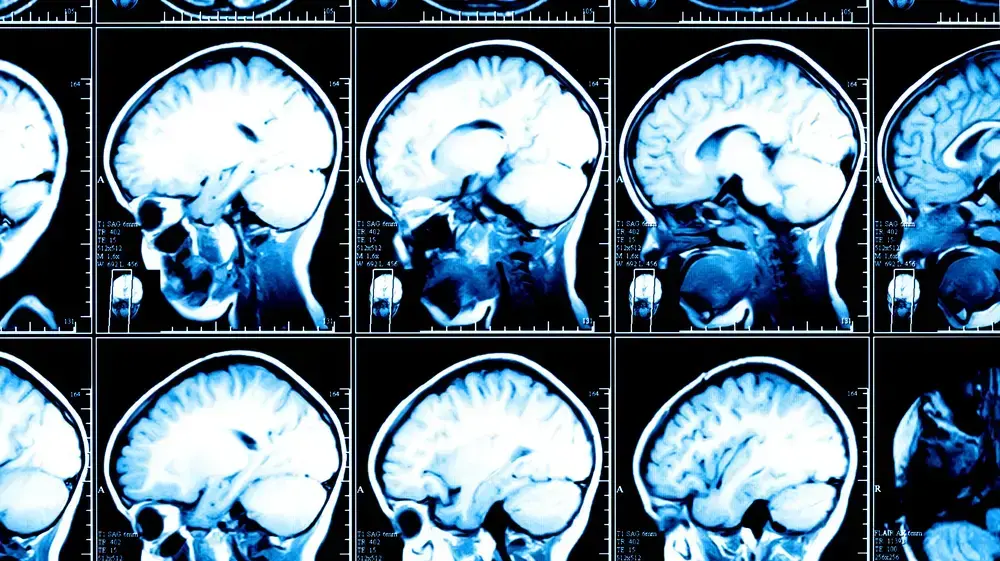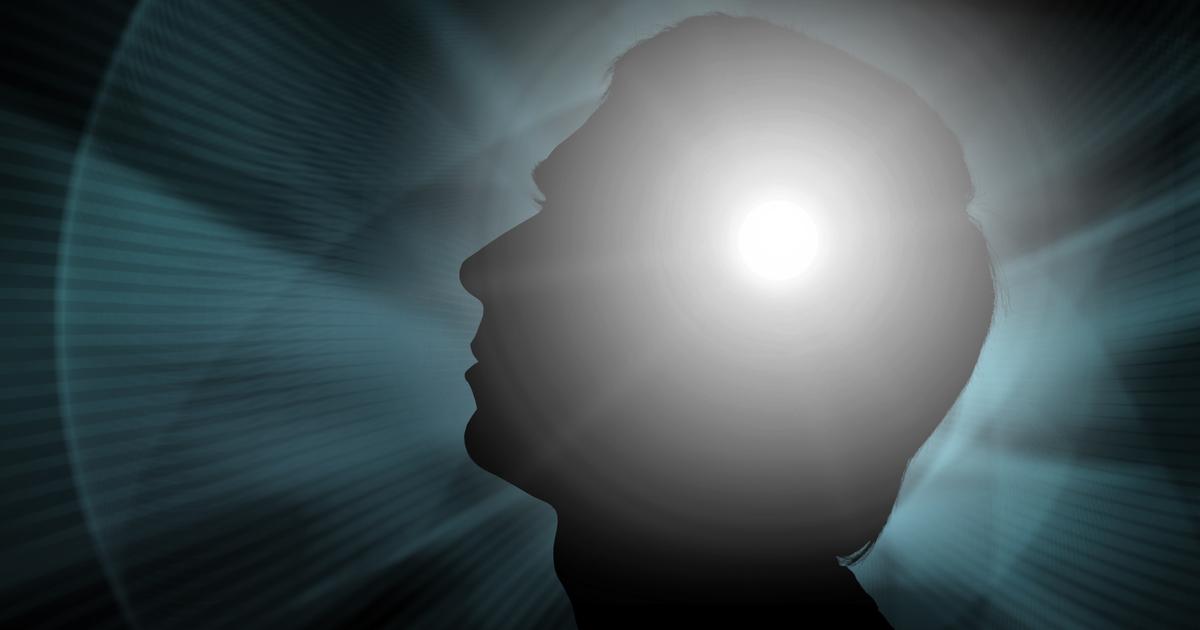Due to data abuse, the German Research Foundation (DFG) blocks the renowned brain researcher Tübingen Niels Birbaumer and his colleague Ujwal Chaudhary for several years. It accuses the researchers of scientific misconduct.
Data in a study on communication with paralyzed patients are therefore falsified. Birbaumer is expelled from the DFG for five years from the eligibility to apply and from any evaluation work, his staff for three years, said the DFG on Thursday in Bonn.
In addition, the research community wants to reclaim funding that has already been approved and used - as long as the research projects were the basis for the two publications in which the DFG identified incorrect information. The DFG did not provide information on the amount of the recovery.
The two publications must withdraw Birbaumer. The fact that the DFG also mentions the names of the researchers in connection with the sanctions is unusual and speaks for a special significance of the case. On the other hand, it states in the decision that the DFG links with the decision "no statement on the validity of the theses prepared by the two researchers".
Answers by telepathy?
Birbaumer had in 2014 examined patients with the nervous disease ALS and published the results in 2017 and 2019 in the journal "Plos Biology", also the SPIEGEL had reported on it. They were considered a sensation: The completely paralyzed and speechless people should answer questions in their thoughts, while the scientists measured their brain activity with a special hood and computers. According to their own statements, the researchers based inter alia on measurements of brain energy (EEG) and oxygen content of various brain regions (infrared spectroscopy). According to the study, communication should be possible in this way.
A first reference to possible errors in the study was given by a postdoctoral fellow already in 2018. Several investigations could not invalidate the allegations against the study. Birnbaumer, however, had rejected the allegations in a statement as false and announced to refute all "alleged errors".
All in all, the DFG identified false information in three cases: Among other things, the scientists recorded the examination of their patients only incompletely by video - in contrast to what they described in the 2017 study. In addition, a depth of data has been communicated, "which in fact did not exist that way".
After the DFG's decision, Birbaumer acknowledged "inadequacies in the publication". The examinations of seriously ill people would have had to be interrupted again and again because the condition of the patients required it. Therefore, not every single step of the data analysis was described and documented by accompanying video recordings, so Birbaumer in a statement.


/cloudfront-eu-central-1.images.arcpublishing.com/prisa/EUQOASQFHBD7HMWZRD25MRK3ZQ.jpg)








/cloudfront-eu-central-1.images.arcpublishing.com/prisa/KMEYMJKESBAZBE4MRBAM4TGHIQ.jpg)



